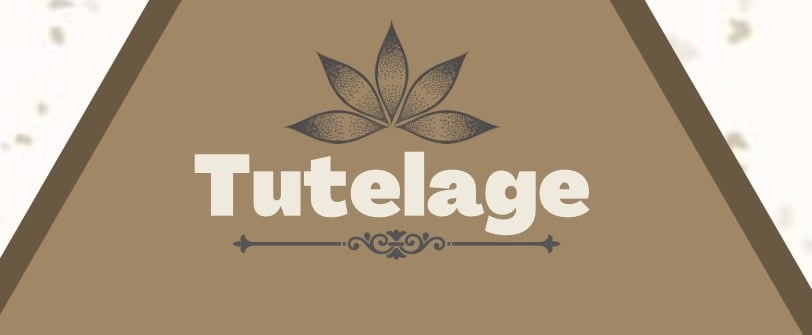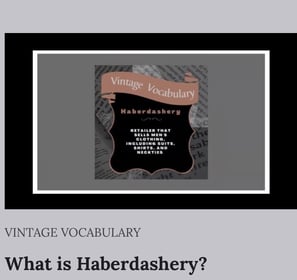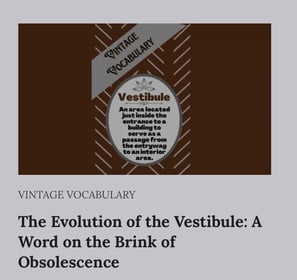Vintage Vocabulary: Tutelage - A Journey Through Time
In today’s context, tutelage not only refers to the act of teaching or providing lessons but also encompasses the broader support system that aids personal growth and understanding.
VINTAGE VOCABULARY
✏️ T.T. Dayoff


Understanding the Origin of Tutelage
The term tutelage originates from the Latin word 'tutela,' which means protection or guardianship. This word reflects the foundational concept that underpins its current meaning: to provide guidance and support, particularly in the context of education. Over the centuries, the usage of 'tutelage' has evolved, adapting to fit the various educational frameworks that have emerged throughout history.
The Historical Context of Tutelage
In ancient civilizations, such as Greece and Rome, the concept of tutelage was closely linked to mentorship. Wise philosophers often took on younger learners, offering not just knowledge, but also moral and ethical guidance. This relationship extended beyond mere instruction; it was a holistic approach to developing the learner's character.
During the Middle Ages, tutelage took on a more structured form, with formal apprenticeships becoming a common avenue for skill acquisition. Guilds and masters ensured that their apprentices received the necessary training to succeed in their respective crafts. This practice underlined the significance of a guide who could facilitate the learning process, further cementing the importance of tutelage in education.
Modern Applications of Tutelage
Today, the word 'tutelage' is often used to denote the support provided to learners in various educational settings, from formal classroom structures to informal mentoring relationships. The essence of tutoring remains the same: it is about offering assistance, support, and encouragement as individuals navigate their learning journeys.
The digital age has further transformed the concept of tutelage. With the rise of online learning platforms, the term has expanded to include virtual mentorship and remote guidance. Learners now have access to a plethora of resources and tutors from around the globe, which enhances the traditional roles of tutors and learners alike.
In today’s context, tutelage not only refers to the act of teaching or providing lessons but also encompasses the broader support system that aids personal growth and understanding. This evolution exemplifies how the word has adapted to meet societal changes while maintaining its core purpose: providing guidance and support to learners.
Example Sentences:
Ex. 1 - He felt privileged to be under the tutelage of an experienced actor.
Ex. 2 - The organizations remained under firm government tutelage.
In conclusion, the journey of the word 'tutelage' illustrates its resilience and capacity for adaptation. From its ancient roots to its modern applications, tutelage continues to embody the essential role of guidance in education. As we move further into an era defined by rapid change, the principles of tutelage will undoubtedly remain critical for effective learning and development.
Let’s Connect
contact@paper2press.com
© 2024. All rights reserved.
Thank you for supporting this small business.






